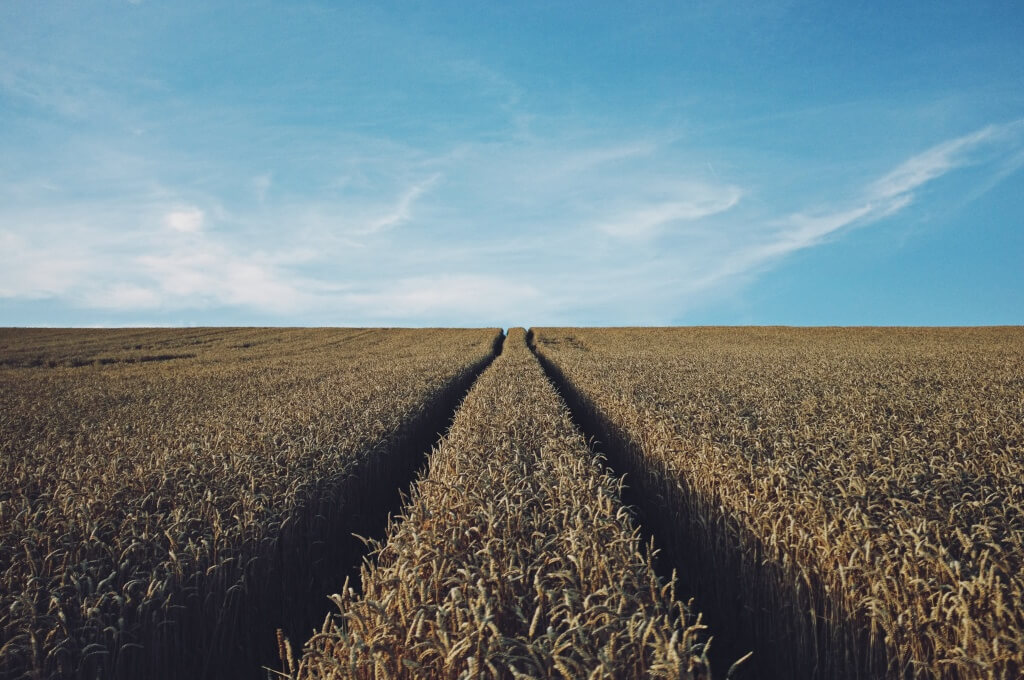23 Nov Nutrition, what to avoid.
I had eczema my whole childhood, then it went dormant for many years and until recently it came back with a vengeance. My face, I never had eczema on my face as a child, but I do now. I also have it in my scalp and around my ears, it also makes an appearance on my arms and belly. So I am having to revisit my diet and what I eat. What you eat is the best place to start! As the age old saying goes:- You are what you eat.

When I was little my doctor advised my parents to cut citric acid out of my diet, this is because it may be a trigger for my eczema, but it is believed to go further than that.
Pesticides used on non-organic fruit contain citric acid. Thus, you may have to consider buying only organic apples, pears, and other fruits. The pesticide used on wheat contains citric acid, so you should consider buying only organic bread, pasta etc. bake with white organic flour. It is recommended to only have full fat milk (semi, again citric acid is involved in the process of making it).
 Then there are other types of food that can be a trigger: Chocolate, the doctor also advised my parents for me to avoid chocolate (luckily for me I am not a big chocolate lover).
Then there are other types of food that can be a trigger: Chocolate, the doctor also advised my parents for me to avoid chocolate (luckily for me I am not a big chocolate lover).
I don’t like spicy found anyhow, but it is also mentioned to avoid ‘spices’ are generally no good.
Drinks, you should dilute juice like apple juice, and only drink full-fat milk and water.
This past year I’ve tried not to drink anything but water – this simple change may seem easy to some, but for me it is a hard one. I never drank water unless I had no choice. I would always turn my nose up at it, I didn’t like it, but over the past few months I have slowly but surely been drinking more and more water. I have even started to like it and finding it to be my first choice. And the best part is, I have nearly cut out fizzy completely. I’ve read that some evidence shows that some additives in fizzy drinks can trigger eczema.
When foods cause eczema the reaction is usually slow, this is because traces of the food are absorbed into the blood without causing a local reaction in the gut. They pass into the blood and then the tissue fluids produce eczema in the sensitised areas of the skin.

There are several tests doctors use to diagnose food allergies, including skin prick tests and blood tests. However, a food challenge/elimination process is the only way you and your doctor can tell for sure if a food allergy is an eczema trigger.



Sorry, the comment form is closed at this time.